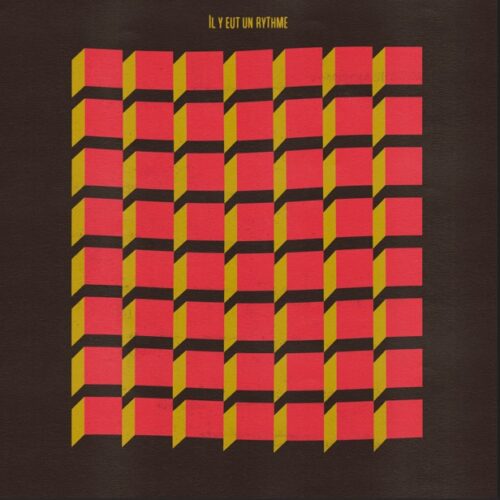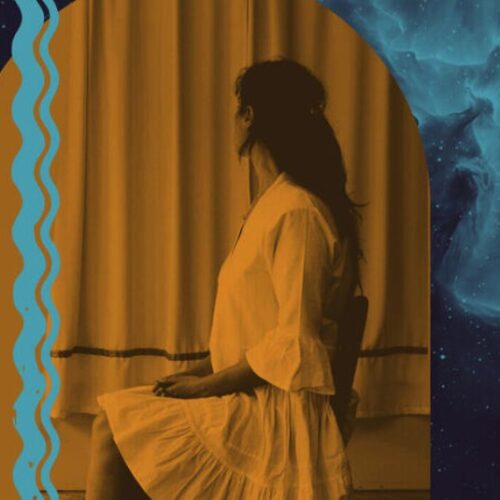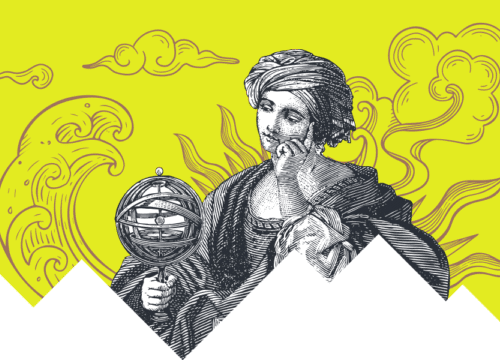Additional Information
PAN M 360 met the Montrealer of Armenian origin and talked with her about music, about neighbours disturbed by her piano, and about her native country.
PAN M 360: Let’s start with your career history, if we could.
Anna Saradjian: I grew up in Armenia, in a very musically inclined family. My grandfather was my first teacher, he created a music school over there. Then my father took over the school and my music education. When I was 18 years old, I went to Juilliard to study, then to the Royal Academy of Music in London. That’s where I studied with Hamish Milne.
PAN M 360: Did your initial studies in Armenia anchor you in the so-called “Russian school” of piano? (Editor’s note: the “Russian school” is a way of teaching and playing the piano with an emphasis on large, very expansive phrases, a sense of improvisation and freedom minimized by the French and German schools, and above all a powerful underlining of the emotions inherent in the scores).
AS: I have a hard time differentiating between these concepts concerning my playing. I was trained in many different traditions and, besides, my grandfather was himself brought up in the Liszt tradition, who certainly studied in the German style, but was very independent-minded for his time. Anyways, I think it’s becoming more and more impossible to be attached to a specific style of playing in our 21st century. It may have been meaningful a hundred years ago, but everything is so interconnected nowadays that the only way to differentiate ourselves as musicians is to understand and play music in our own individual voice.
PAN M 360: Is there a breadcrumb trail running through the program of your concert on Tuesday, November 24 at the Montreal Bach Festival?
AS: There is one, kind of. We first programmed the Aria variata alla maniera italiana, BWV 989, the only set of themes and variations written by Bach other than the famous Goldberg Variations. It’s not very well known, but a must-discover piece! Then I added the Partita no 4 BWV 828, which is sometimes referred to as the “Italian partita”. Finally, because I’ve been thinking of playing the Italian Concerto BWV 971 for a long time, the connection happened naturally, being the italian thread of the concert. I added a couple of pieces that are a bit outside of this idea, but which I wanted to play very much because I love them.
PAN M 360: Like for example an excerpt from the St. Matthew Passion, which you have arranged for the keyboard. You often make arrangements, why do you do this exercise?
AS: I make more of them now, because COVID gave me more time on my own, ironically. I like writing transcriptions because each time I hear a Bach piece I love, be it for orchestra, choir or any other instrumentation, I want to play it! Many times, I hear the piano version in my head as I listen to the piece! I make my choices based mainly on my heart, with music that touches me directly.
PAN M 360: When you play Bach, it is mainly emotions that guide you, or architectural rigour?
AS: I feel Bach on a deep and very emotional level, that’s true. Since I was very young, his music has been a haven of peace and personal intimacy, and I go back to it each time with great joy. But, before I go in front of the public and share this experience, I work very hard on all the small details and study every intellectual facet of it. Then, I like playing it as I feel it, with the hope that the public will feel the same way.
PAN M 360: On your Facebook page, I saw you playing on an electronic keyboard. Isn’t that heresy for a classical pianist?
AS: (laughs) In reality, I have two real pianos at home, but some neighbours do not always agree with my playing, so I bought this electronic version that gives me liberty to practice when I want and need to. Besides, it gives me the opportunity to try Bach with a harpsichord sound sometimes.
PAN M 360: Do you sometimes play it on a real harpsichord?
AS: Unfortunately, no. I need to work much more on harpsichord playing before presenting myself to the public with that instrument.
PAN M 360: Do you have any plans for the post-COVID period (which we hope to arrive as soon as possible!)?
AS: Nothing in particular, other than more actively involving myself with a music festival directed by my uncle, which was moved from Italy to Armenia not long ago.
PAN M 360 : Speaking of Armenia, are you concerned about the situation (Editor’s note: armed conflict with Azerbaijan over a territory claimed by both countries, Nagorno-Karabakh)?
AS: Yes, I am worried, of course. I still have family over there, and obviously, this situation will only hurt music and musicians more, on top of COVID. This is happening at a terrible time. I do not wish to get involved in politics, but I think this is time to understand, all of us, the importance of music, and arts, education. I think that even if young people do not become musicians and artists, sensibility linked to music learning can build a new generation of adults who will simply not want to go to war.
PAN M 360: On this beautiful reflection, I thank you for your time, Anna, and wish you all the best for the future! And above all, enjoy the concert!
AS: Thank you!






















